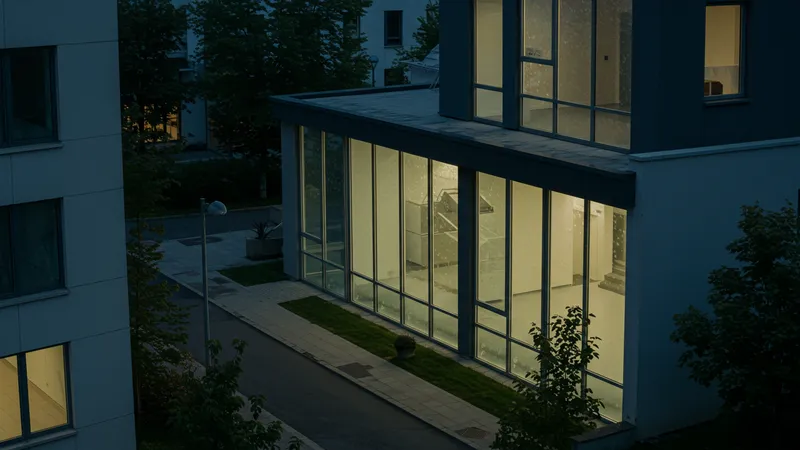
Best Soundproof Glass Options For Offices And Studios
Environmental Impact: More than Just Silence
Soundproof glass doesn’t just benefit those within the walls, it contributes to a quieter external environment as well. By controlling indoor noise pollution, it creates a ripple effect, enhancing urban environments.

Choosing soundproof glass is often a step towards energy efficiency, reducing heating and cooling costs through improved insulation. This lessens energy consumption and contributes positively to environmental sustainability.
Beyond aesthetics and functionality, it represents a commitment to eco-friendly building practices. The soundproof materials often use eco-conscious manufacturing methods, adding to their green credentials.
Unexpectedly, studies indicate this shift towards soundproof technology is part of a broader trend of sustainable architecture adopted worldwide. So, what does this mean for the future of construction? That’s where our story continues…